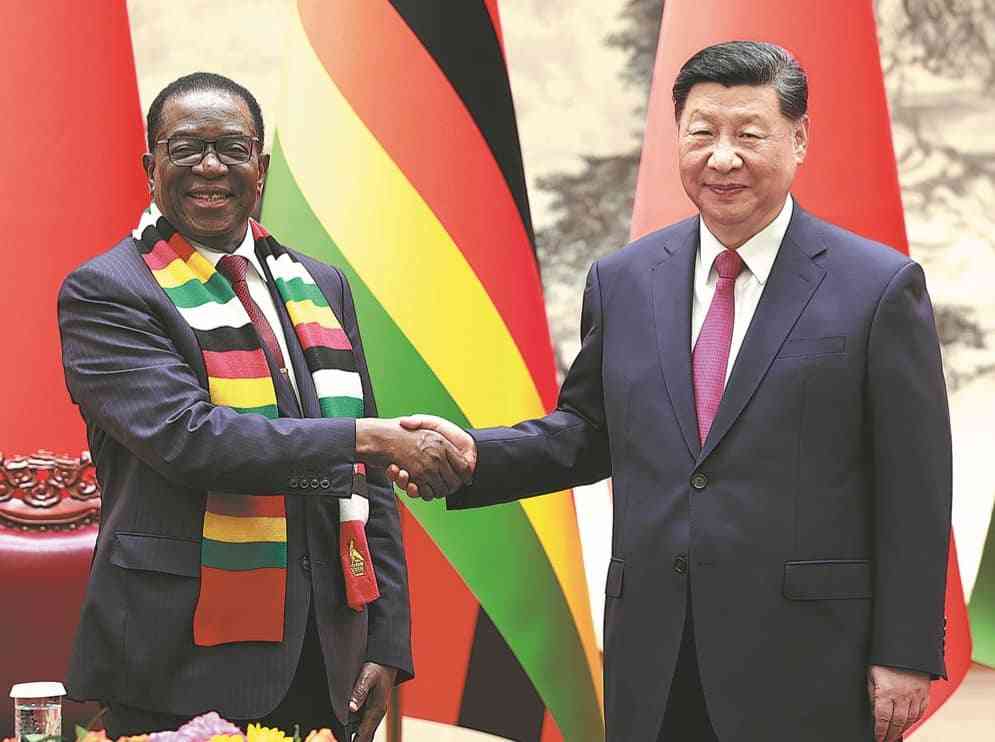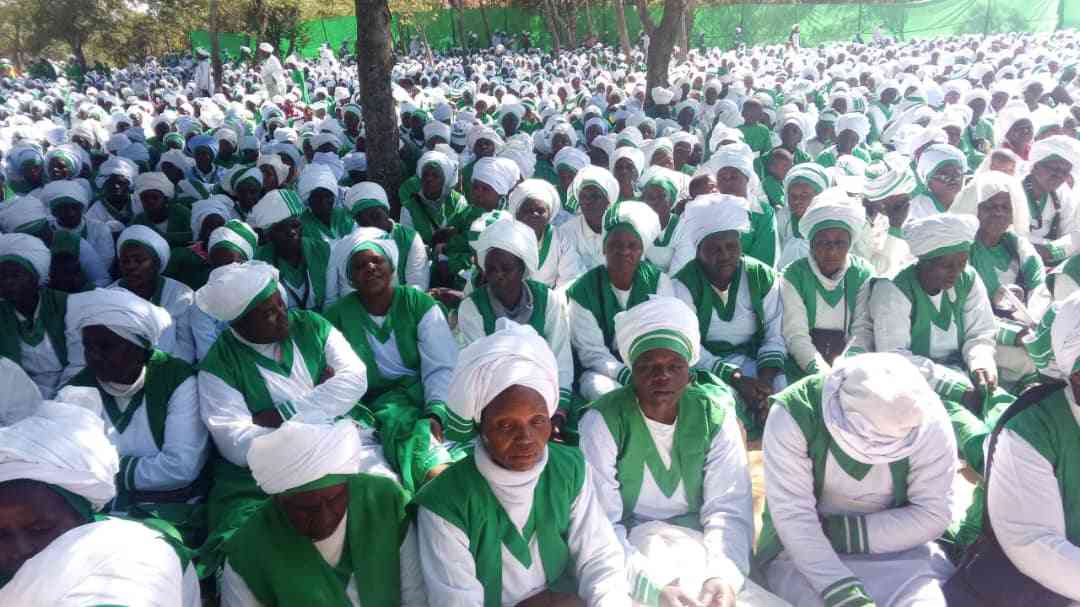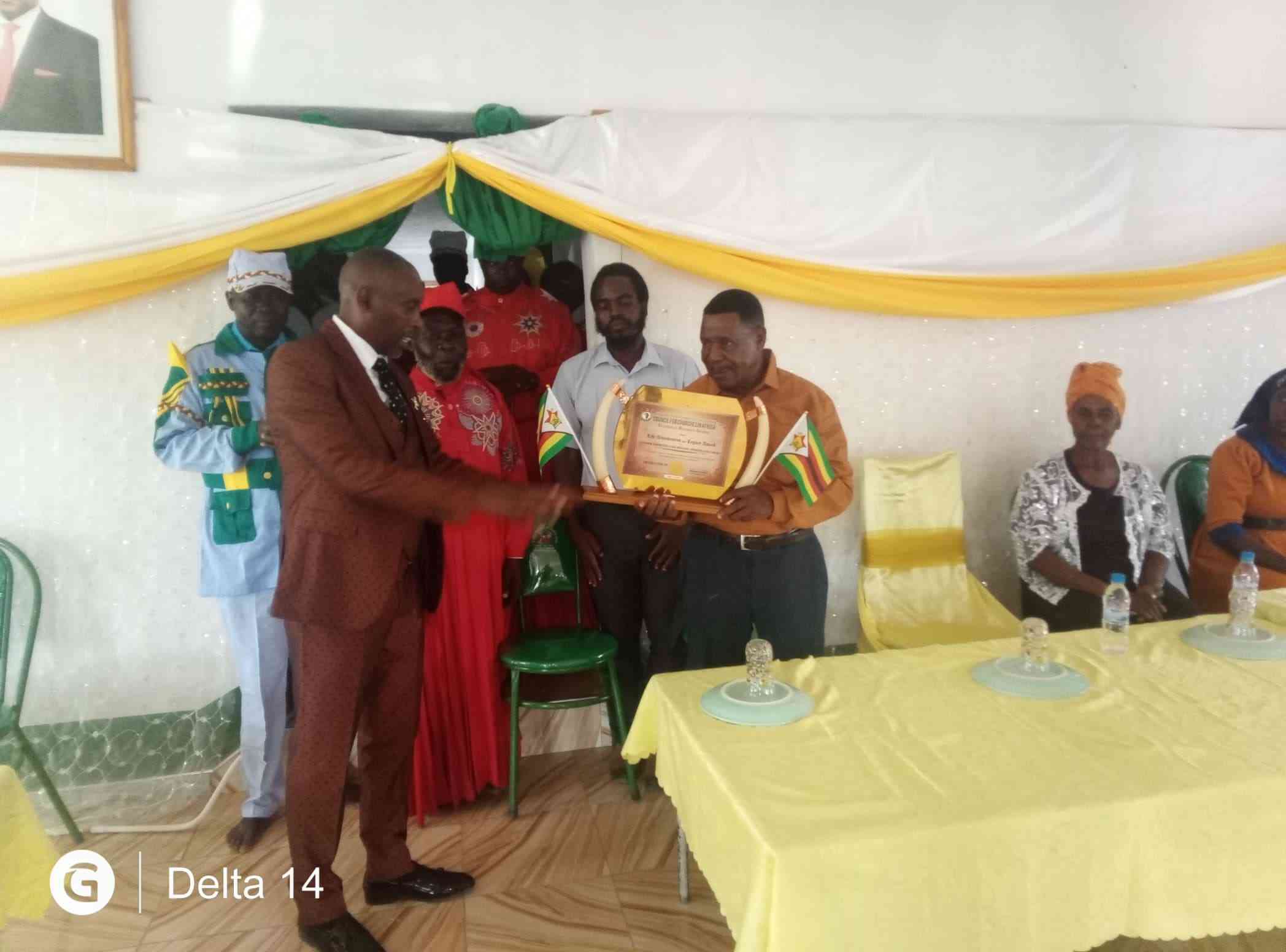
There is something fundamentally wrong with literary journalism in Zimbabwe.
BookWorm
No good book reviewers. No regular book pages in the local papers. No quality arts and culture magazines. In fact, there is no more vibrancy of literary debate and discussion in Zimbabwe like we had in the 80s and 90s. What we have is a lot of charlatan praise jobs.
Those who write about books do so, as I see it, only to praise trash. They are good at inventing reactions towards books about which one has no spontaneous feelings whatsoever. And I am not proposing hatchet jobs.
The architects of this sad state of affairs ironically used to be the once vibrant literary critics and editors of the past. The ndini ndega [I am the only one] mentality that permeates our political discourse also lends itself to our book and publishing industry where there is no continuity in discourse.
While our writers, publishers and intellectuals were celebrated as the vanguard of Africa, we have now become a culture with no presence.
Unlike say, Kenya, Nigeria and South Africa, we lack the passionate energy and creativity of literary bloggers, who are seldom timid and inhibited to speak their minds. The bloggers we have, the ones who have national and international prominence, write for and about women’s issues, politics or general gossip. Good enough.
Why is it that Zimbabwean writers have widely failed to embrace social media? In fact, just a handful of authors have blogs, or engage on Twitter and Facebook.
- Chamisa under fire over US$120K donation
- Mavhunga puts DeMbare into Chibuku quarterfinals
- Pension funds bet on Cabora Bassa oilfields
- Councils defy govt fire tender directive
Keep Reading
We are unfortunate in this country that our newspapers, public and private, have no dedicated space for book reviews and literary essays. It is no secret that there is an absence of robust, independent voices on arts and culture pages in Zimbabwe. We are tired of political commentators full of hot air.
Zimbabwe is one country where social and political contradictions have been so stark that the influence of politics on other social activities and vice versa, has been most easily observable.
The few book reviewers that are there are fellow writers who write about their friend’s books. As a result their opinions are predictable and too nice.
I had a self-published author bragging of a glowing write-up on their book by a “big time” university professor. When I eventually received the book to read I was very disappointed not in the author but the sly university critic, one of those creatures committing treason against our literature. The book had huge tracts overwritten and a long involving plot.
The characters lacked depth. With the amount of spelling mistakes you would think it was produced on a typewriter, not a modern word processor with a free spell check.
This lack of serious interest in our own literature has invited foreign critics to dominate the shaping of Zimbabwean literature. They read and define us. It is time we not only declared our independence, but seriously started reading our own writers.
The reviewer’s role is more about providing context for a book or art, tracing its lineage in the tradition and locating it in the literary topography of the present, and all that touchy-feely sort of thing.
The critics I love don’t just judge, they open up that weird, intense, private dyad that forms between book and reader and also let other people inside. They tell the story, the meta-story, of what happened when they opened the book and began to read the story.
What we currently have in our hands is a general loss of focus. And there lies the crisis of culture in Zimbabwe. Central to the resolution of that crisis is the achievement of a genuine democracy in our country.
In practical terms, it means the creation of a society that can throw up new creative problems for our writers.
It means that the possibilities for new writing are inseparable from the quest for a new Zimbabwe — a society in which everyone is entitled to education for which the state must assume some responsibility; in which there will be much cooperation between accessibility and affordability of books for a greatly increased reading public.










